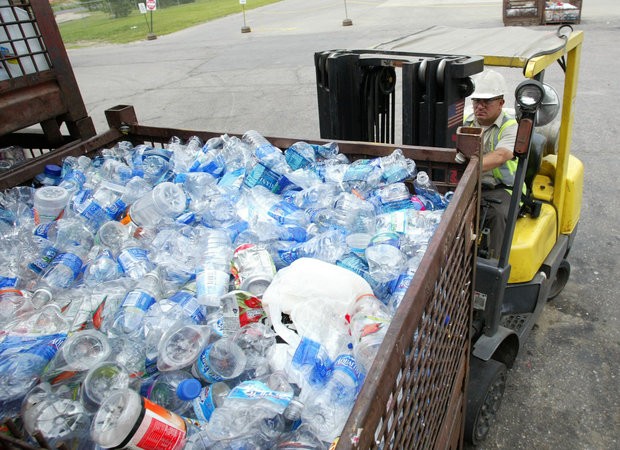Taiwan has announced plans to ban plastic items in an attempt to reduce plastic pollution. As reported by EcoWatch, Taiwan’s Environmental Protection Agency put forward a 12-year plan that will officially begin in 2019 with a blanket ban on plastic straws in stores and restaurants. In 2020, the ban will be extended to all dining establishments.

By 2025 people will have to pay a fee to use plastic straws, bags, cups, and disposable utensils. Although the specific pricing was not disclosed, we suspect it’ll be high enough to deter people from using plastic items. The plan is to ultimately phase out all plastics by 2030, and replace them with reusable and biodegradable items.
Lai Ying-ying, an EPA official supervising the new initiative, explained to Channel NewsAsia that the average Taiwan citizen uses roughly 700 plastic bags a year. Under the new plans, the hope is this number will be reduced to 100 bags by 2025 and 0 by 2030.
In addition to the ban, Taiwan Today reports that the EPA is also launching a series of programmes to remove plastic waste and other garbage from the nation’s waters.
Taiwan is the latest nation to implements plans to combat plastic waste. In 2017, both Kenya and China announced bans on various plastic items. The United Kingdom has made moves to end plastic pollution as well, following Sir David Attenborough’s plea to take the matter seriously and the launch of the science show Blue Planet II, which brought more attention to how plastics affect marine life.
Even the BBC is changing its policy on plastic. The media company announced in February it would ban all plastic cups, utensils, and containers by 2020, citing the aforementioned Blue Planet II as the cause behind the change. So far, the company’s kitchens have replaced plastic cups with glasses.
It’s encouraging to see more nations taking a stand against plastic pollution, but more work will need to be done to truly make an impact. There are trillions of pieces of plastic in our oceans as of 2016; those don’t simply disappear once we decide to stop using plastic utensils.
By Kyree Leary
